
All the positive Stadia community activity as of late has once again made one to resurrect/update my previous thoughts on Stadia and the community.
Aside from my family and my work (both of which I’m super passionate about) as well as good food and a good beer, technology is one of the things that makes life worth living for me. I love trying out bleeding edge technology and getting involved (in admittedly small ways) in its evolution.
I’m the kind of dork who used to run a Linux Users Group in Berkeley. We had some interesting members…
As I mentioned in my last piece: “I got involved in the early days of Android. I and (much more so) many other community members poured a lot of passion, time and energy into exploring, improving, supporting and helping shape the Android ecosystem. We picked a side and tried our best to help promote an implementation of mobile computing we believed in… I strongly believe that both Android and iOS are better off for the energy people poured into these platforms.”
I see a lot of similarities in the Stadia community and that early Android community. There are many people stepping up to contribute and make everyone’s experience better. People are making apps and browser extensions, wikis and databases of games and specs, achievement communities, guides, news sites and videos, organizing play-a-longs/events/places to hang out, creating and moderating help and discussion communities, doing reviews, helping new people discover the platform and people to play with.
Beyond that, there are many more people out there just having fun and sharing that positivity with the community – e.g. in screen captures/videos, memes, daily excitement for a new game or feature, and (yep) hot pics of their new controller or setup. I personally find the atmosphere contagious!
It’s been years since I’ve seen a community around a consumer technology that is this engaged, energetic, fun and helpful. It is gratifying and really joyous to be a part of!
But… can we accept criticism?
Accepting criticism is certainly something any healthy product, platform and community needs to do. So, it is a little concerning that there are accusations leveled from time to time that the Stadia community is unable to do this.
But, I actually don’t think the Stadia community is particularly deficient in this area. The proof is in the pudding. People report suggestions, issues and find solutions every day on Reddit, the community forum and Twitter when I look. I see people everyday successfully communicating bugs and wishlist items to the Stadia team + community through appropriate channels. As far as I can tell, the Stadia team really does listen. Features that the community request are rolling out all the time – like the phone tethering feature to play with any controller on your TV. I myself have reported bugs to game developers and had them fixed (thanks Nanotale developers!)
That all said, this community is a passionate group of folks – and people are keenly aware of the damage that misinformation (both intentional and unintentional) and thoughtless negativity has caused. Remember this Washington Post video – https://www.youtube.com/watch?v=o6pf988yFSc – that was later half-heartedly corrected?
This sort of misinformation/negativity from within the community is especially counter-productive. It’s a self-fulfilling prophecy that something will fail if every time a new potential user looks, they see supposed community members taking the piss out of it. Looking in the mirror, though, at times, I (and others) have crossed the line into being disrespectful myself when challenging this type of activity. We can all do a better job providing supportive criticism – toward the platform as well as toward pundits and other content creators.
For example, criticism frequently suffers from characteristics like the following:
- Being based on a false premise. Like for example Stadia’s adoption being significantly worse than competitors, when, in fact, the data we do have shows Stadia is doing about as well or better than anyone else in the early cloud gaming space. Sorry if you thought Stadia was going to jump out of the gates and be at Playstation and Xbox scale/influence.
- Exaggerating the impact of issues or events and not putting issues into proper context – for example, the context of how new, evolving and exciting all this tech is! Statements like “Stadia will be dead if…”, “Everyone is leaving because of…” etc. have no place in constructive criticism.
- Being overly derogatory. Stadia is not just a “thing.” Stadia and the games for it are developed by real-people. As real as YouTube pundits. Criticize from a place of support, not attack. Phrases like, “is crap”, “sucks”, “is a troll”, “is garbage”, “are idiots”, “is dumb”, “is trash”, “person x should be fired” (and worse) are not found in constructive criticism.
- Assuming that “we” (the community) are helpless to improve our own situation. I’ve found over and over again that people’s satisfaction with new technology relies more on themselves than anything else. We are early adopters – participate!! Ask what you can do to make the tech./community/experience better instead of being a victim.
- Not being actionable. Often I see people simply whining about something that reflects fundamentals of how business or even the universe works. Before you write, consider what action you want to be taken by your audience. The point of this post? To inspire people to take an active role in the community!
- Taking a contrarian position just for the sake of it – for example, as a schtick.
If you are not getting the result you hoped for from critical commentary. I suggest removing those elements and trying again.
The community is really active and well (self-)managed
Major kudos to Google community managers for providing the community with frequent communication, support as well as enough room to grow and be creative. Kudos to the r/stadia moderators for tending to a quickly growing community (one where both Stadia advocates and critics feel there are too many of the other type around – what says balance better than that?). Kudos to the people who point out bugs, issues and who effectively communicate their wishlist.
And! A special kudos to the people putting their own skin in the game – for investing their own time and energy to make the platform and community better. Most of my favorite moments with Stadia were a result of the efforts of others: the first Super Stadia weekend we watched (and watched Ray stay up 24+ hours for), joining a creators chat on Christmas Eve, playing Trine on stream, talking stats with the Cloudburst team, working with an awesome group to put on The Summer/Winter Community Championships, streaming with my kiddo during Caring in the Clouds, The Numbers Show with MM2K and celebrating all the big and little milestones with everyone!
Everyday, I’m reminded of how fun, kind, passionate and talented the Stadia community is! Drama happens whenever you have more than one person involved in any activity, but the Stadia community is way way better than most. And, I feel lucky to be a part of it. It’s been a hell of a fun ride so far.

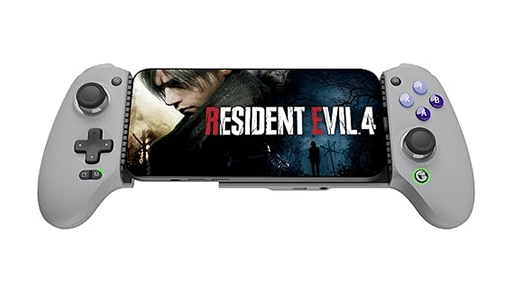
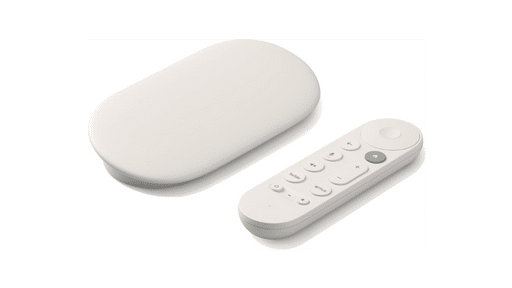


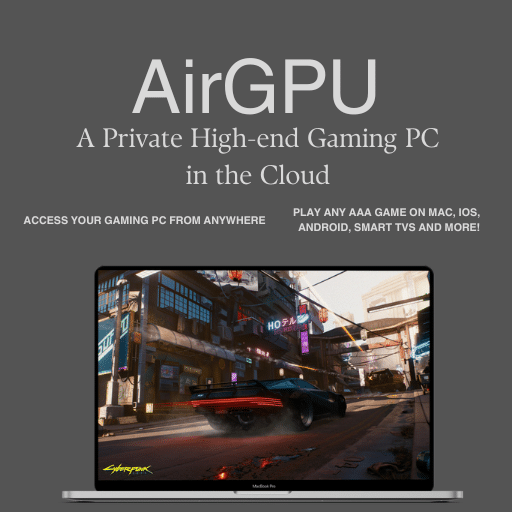
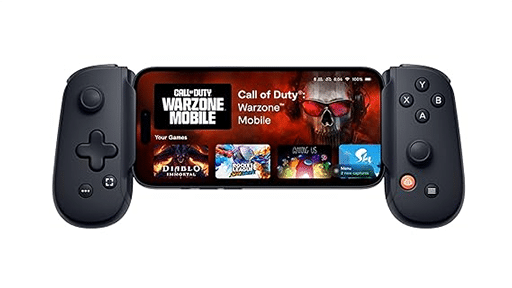


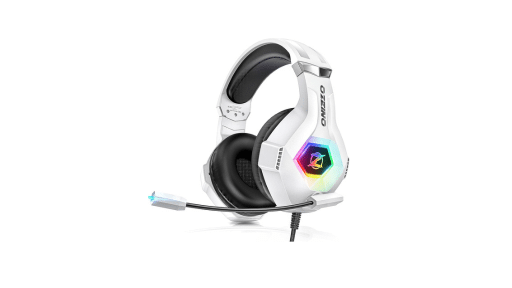

A very good read. I look forward to Stadia Stats and these pieces!
Stadia Gaming Community > Every other Gaming Community
Jack, your passion is positively infectious; I am sure that I am not the only one to agree with every single point you make in this incredibly logical article.
We use Stadia because, quite frankly, we love it. We love being part of a passionate, enthusiastic community which is PROactive rather than REactive, and is it that which makes said community stand out among others.
Great article, Jack (as always)! ?